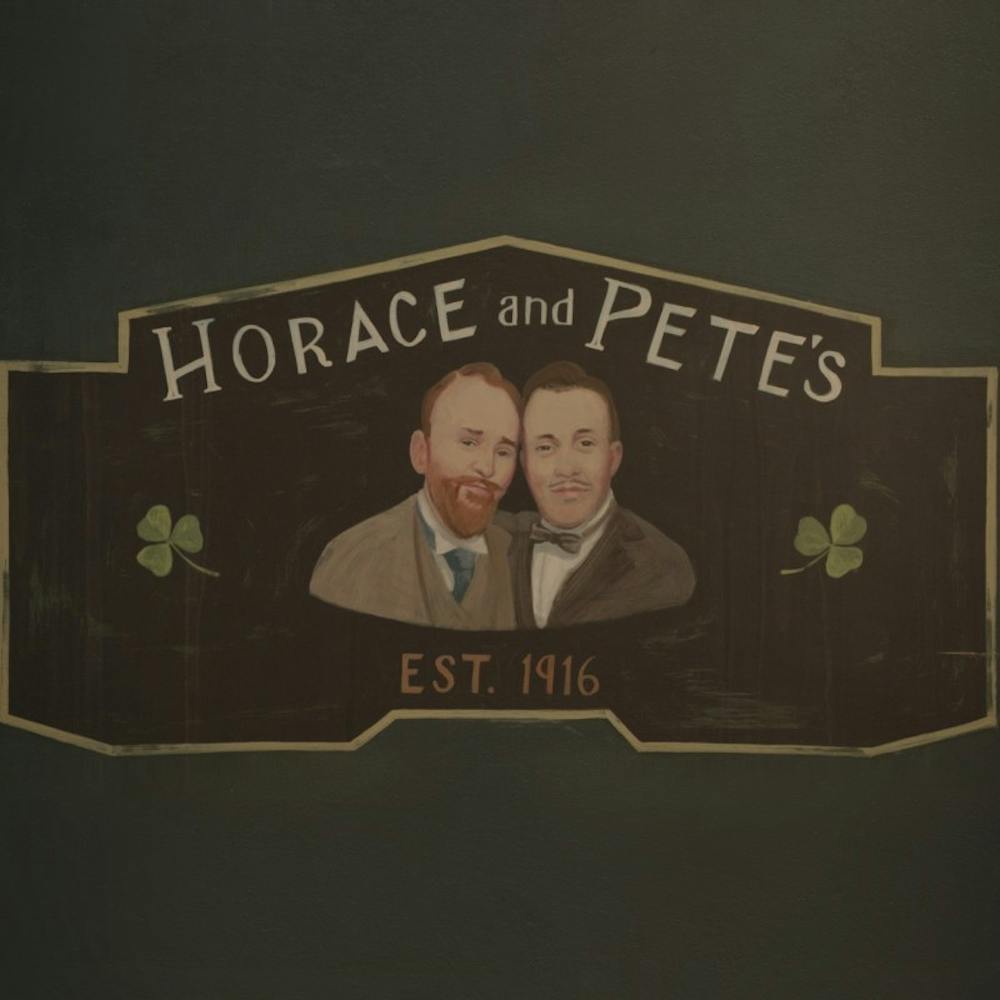On Jan. 30, without warning, Louis C.K. released “Horace and Pete,” a web-series in which C.K. is the writer, director and lead actor. The show is almost a hybridization of television, theater and film, performed in front of no live audience, separated by intermissions.
According to C.K., the show’s sudden, understated release was no accident.
“Part of the idea behind launching it on the site was to create a show in a new way,” C.K. wrote on his website announcing the release of the show’s second episode. “[This way we could] provide it to you directly and immediately, without the usual promotion, banner ads, billboards and clips that tell you what the show feels and looks like before you get to see it for yourself.”
The show is released weekly, with each episode being shot during the week leading up. This allows the production to stay authentic, paying homage to earlier forms of plot construction while also firmly entrenching itself within current events.
The plot centers on a historic bar, established in 1916, owned by the brothers Horace and Pete, played by C.K. and Steve Buscemi, respectively, seems to cause more problems than it solves. The bar outlasted prohibition and numerous world wars, and all the while served as a breeding ground for misogyny and male self-adulation. It now affords the brothers’ racist, loud-mouthed uncle (Alan Alda) free reign to attack customers with his beliefs. The bar also stands as the last cash cow standing between Horace and Pete’s sister Sylvia (Edie Falco) and her ability to afford the breast cancer treatment she needs.
In several episodes, these central conflicts takes on an ancillary role at the behest of Louis’ forays into current events and social observations. The bar serves as a natural setting for the communal discourse that drives the show.
These conflicts can be seen in three examples in particular. In one, Kurt Metzger’s character interrupts an argument between a conservative and a liberal with a long monologue about the absurdity in arguing over who is right. A second shows a “hipster” customer repeatedly at odds with an old-fashioned generation to whom he will clearly never relate. In the third, C.K. and guest-star Laurie Metcalf spend the entirety of Episode 3 sharing their respective marital fidelity horror stories.
The beauty of “Horace & Pete” is in its ability to demonstrate the profundity of daily life through even the most bland of starting points. For fans who have followed C.K. from his “Lucky Louie” days on HBO to FX series “Louie,” “Horace and Pete” feels like the most accurate dive into the mind of their favorite self-deprecator, the next logical step in the evolution of a late-blooming career.
As C.K. himself said in an interview, “I think doing this show is the most fun I’ve ever had.”
Episode six was released this past Saturday.







